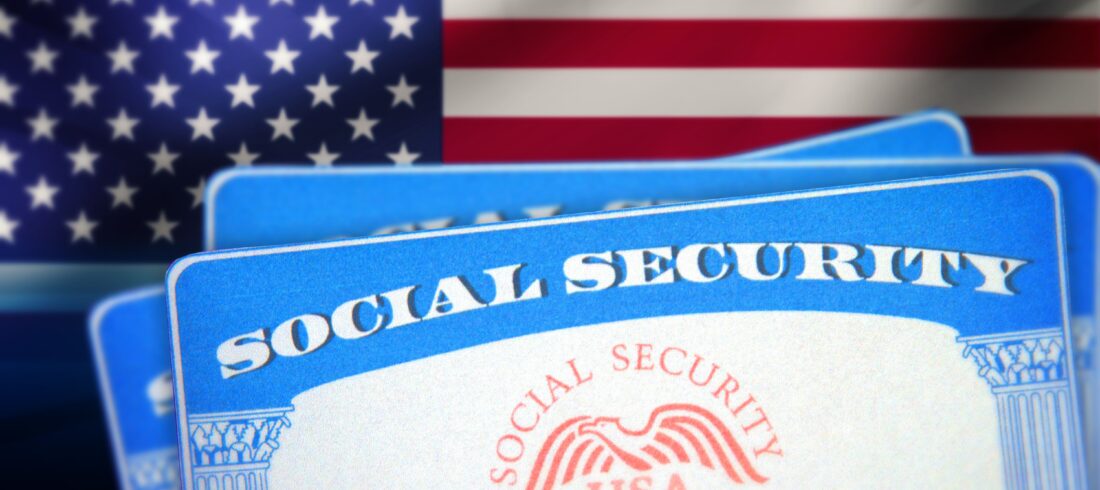Money worries are more than just numbers; they affect our sleep, mood, and health. Understanding the impact of financial stress is crucial. It’s not only about balancing finances, but also about enhancing overall wellbeing. Learning to manage financial stress involves smart money management, healthy habits, and effective strategies for a more balanced and fulfilling life.
Understanding Financial Stress and The Impact You Have
Let’s chat about something tricky that bothers many of us: money worries. Imagine it as an unwelcome guest at your dinner, making things awkward. How do we handle this? First, we need to notice it. But it’s hard, because it hides in many different ways:
- Sleepless nights: Tossing and turning with money worries on your mind?
- Mood swings: One minute you’re fine; the next, you’re snapping over small things because deep down, it’s the finances eating away at you.
- Avoidance: Ever find yourself ignoring bills or not checking your bank balance? Yep, classic sign right there.
- Irrational spending: Oddly enough, stressing over cash can lead us to splurge as a temporary escape mechanism – like impulsive online purchases.
Money stress is more than just feeling sad for a day or two. Research shows that money problems are a major stressor for Americans. If these worries sound familiar, you’re not alone. Spotting these signs early can really help. Understanding the problem gives us power. When we know what’s wrong, we can start fixing it before it gets worse. It’s hard to admit money troubles are upsetting us. Nobody likes feeling they can’t manage their life. But admitting it is the first step to solving it. Next, we’ll explore ways to take back control. Constant money stress shouldn’t be normal for anyone. In short, fighting for peace of mind is important, and this is a fight to join.
Break the Stressful Cycle
Money can’t buy happiness, but it helps reduce stress. Bad money health can lead to bad physical health. Stress can cause heart disease, and a tight budget can make healthy eating hard. Worrying about money never makes things better. To break free from financial stress, you need money skills and emotional smarts:
- Deal with your spending habits and feelings head-on
- Build an emergency fund for unexpected events
- Reduce impulse buys by having clear spending goals.
- Don’t try to manage this alone; get support from friends or experts.
- Try effective budgeting strategies.
- Managing stress through exercise and better sleep.
- Eat healthier within your budget
Good money management isn’t just about more wealth, it’s about your wellbeing too. Remember, taking care of your finances means taking care of yourself.
Effective Budgeting Strategies
Mastering your money is like moving up in life’s big game. Let’s discuss smart ways to do this:
- 50/30/20 Rule
- Tracking Spending Habits
The 50/30/20 Rule Explained
Ever heard of the 50/30/20 rule? Imagine it as your financial navigation system, guiding each dollar to its proper place. Here’s how it works: 50% of your income goes to needs (rent, utilities), 30% to wants, and 20% straight into savings or paying off debt. This method isn’t just numbers; it’s about finding balance. Needs are essential, wants make life enjoyable, and savings? They’re your safety net.
Tracking Spending Habits
- Mindful Tracking: Start by jotting down every penny spent for a month. Yes, even that morning coffee.
- Analyze Patterns: Look at where most of your money is going. Shocked by how much you spend on takeout? You’re not alone.
- Prioritize Adjustments: Decide what spending habits need change—maybe cooking more at home instead of ordering food so often?
Confronting your spending habits improves your financial health, like tuning a car for better performance. Budgeting can be manageable and empowering with the right strategies. Be patient; good financial health takes time, but it’s worth it for your future.
Manage Stress Through Exercise and Better Sleep
Exercise is an underrated way to reduce stress. Activities like walking or home workouts release endorphins, which are natural mood boosters. Harvard Health Publishing confirms that exercise increases feel-good brain chemicals. Regular exercise helps manage stress, including financial worries. It shifts your perspective and improves your mental wellness. You don’t need a gym; there are many free online resources for home workouts. Exercise can be anything you enjoy, like dancing or weightlifting. Next time you’re stressed, try exercising to feel better and make things seem more manageable.
Relaxation Techniques for Better Sleep
Worried about money and can’t sleep? You’re not alone. Financial stress often causes sleep problems, but relaxation techniques can help you sleep better.
- Deep Breathing: This isn’t just big breaths. It’s a calming technique. Before bed, breathe in deeply, hold it, then exhale slowly. Do this for 5 minutes to help relax.
- Muscle Relaxation: Great for when money worries keep you up. Tense each muscle group for five seconds, then relax. Start from your toes and move upwards, imagining melting into the bed.
- Mindful Meditation: This helps quiet those financial worries at night. Find a quiet place, focus on the present, and let thoughts pass without judgment. This improves sleep quality and life satisfaction.
These methods are thought to improve sleep during financial stress. Try them tonight in hopes of a better tomorrow!
Eating Healthy on a Budget
Let’s get real. Eating healthy sounds great until you check out the price tags in the organic aisle, right? But what if I told you that maintaining a nutritious diet without breaking the bank is totally doable? Yep, with some meal planning and smart shopping tips up your sleeve, you can eat well and save money. Let’s dive into how.
Meal Planning Basics
Meal planning isn’t just a trend, it’s for anyone who wants to save money and eat more vegetables. Here’s how to do it:
- List Your Meals: Write down your meals for the week. Use common ingredients in different dishes to save money.
- Choose Budget-Friendly Recipes: Opt for recipes with whole foods. They’re healthier and cheaper in bulk.
- Prep Day: Pick a day to prep food like chopping veggies or cooking grains. It makes dinner time easier.
- Go for Store Brands: They’re often as good as named brands but cheaper.
- Use Coupons: They can cut down your grocery bills.
- Buy in Bulk: Non-perishables like rice and beans are cheaper and reduce packaging waste.
Overall
In summary, managing financial stress is about more than just balancing your budget; it’s about enhancing your overall wellbeing. From recognizing how money worries affect our daily lives to adopting practical strategies like the 50/30/20 rule for budgeting, we’ve explored various ways to improve financial health. Incorporating healthy habits like regular exercise, relaxation techniques for better sleep, and smart meal planning can significantly reduce the stress associated with financial challenges. Remember, taking control of your finances is a holistic approach to taking care of both your mental and physical health. By implementing these strategies, you can create a more balanced and fulfilling life, free from the heavy burden of financial worries.



